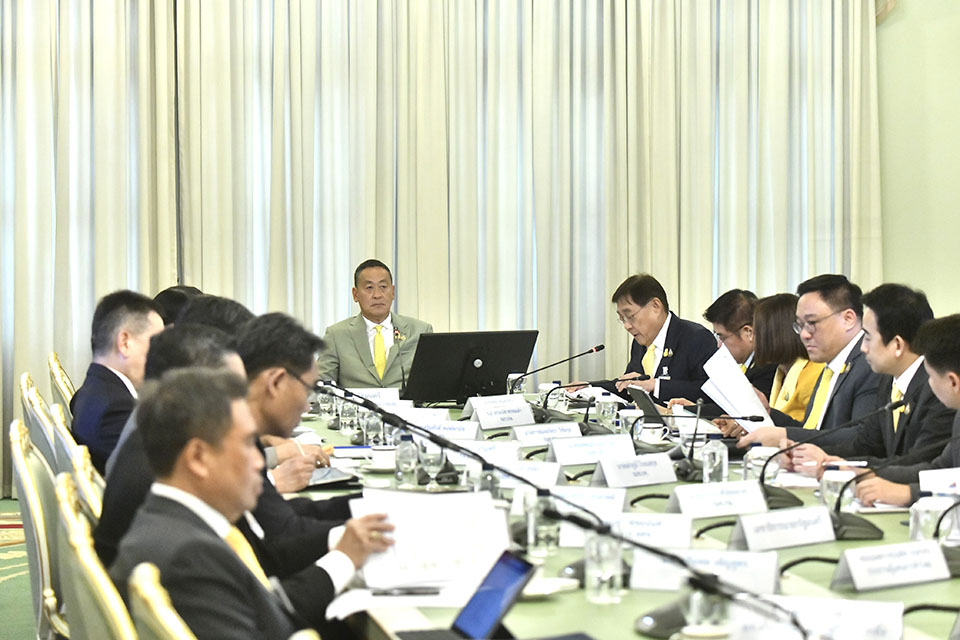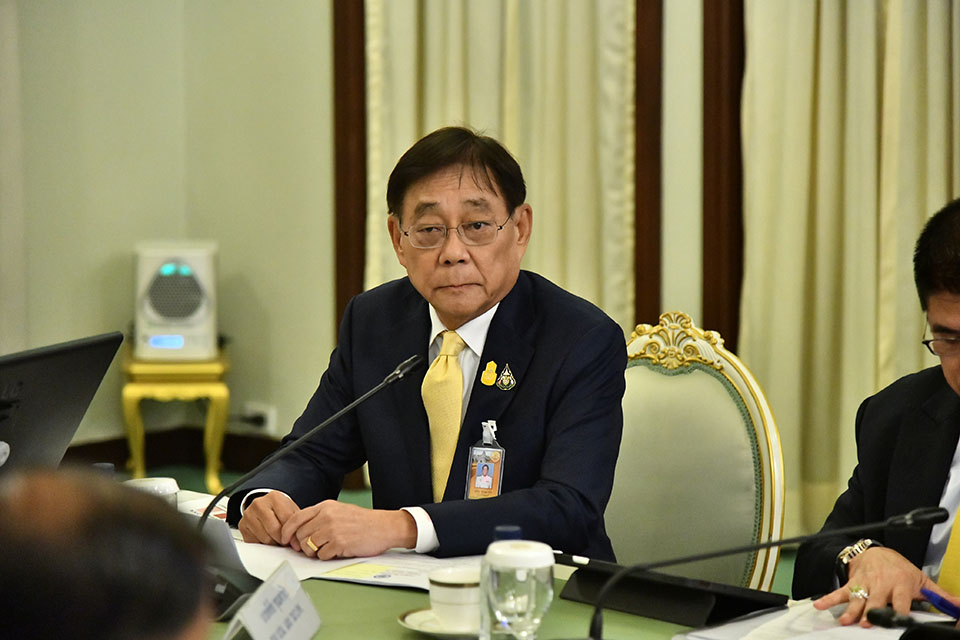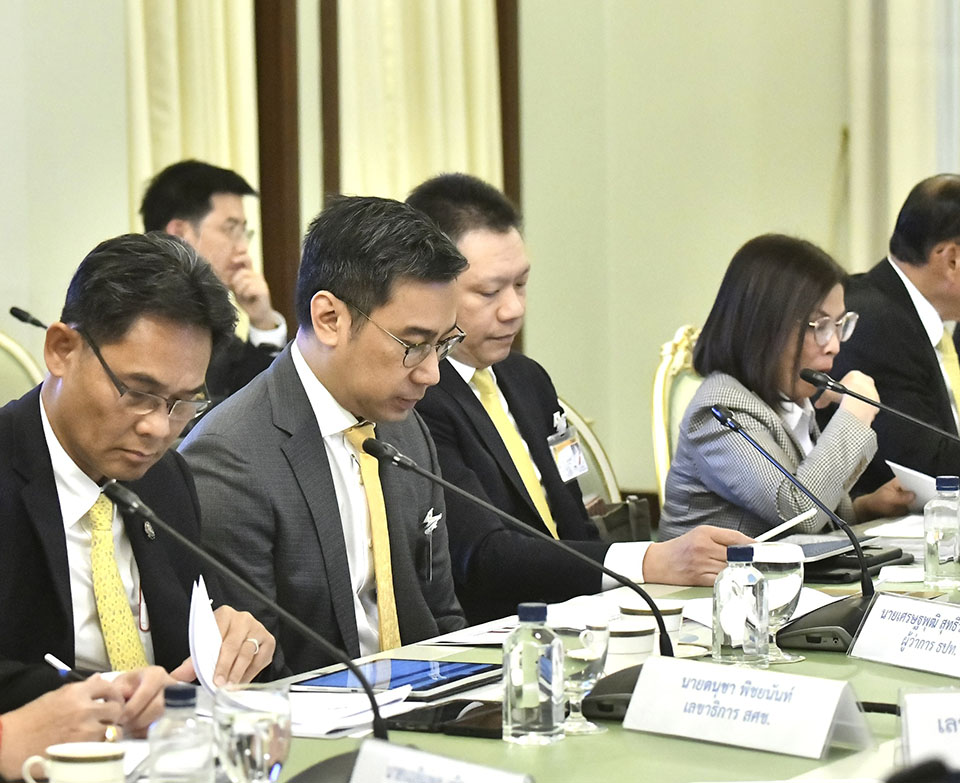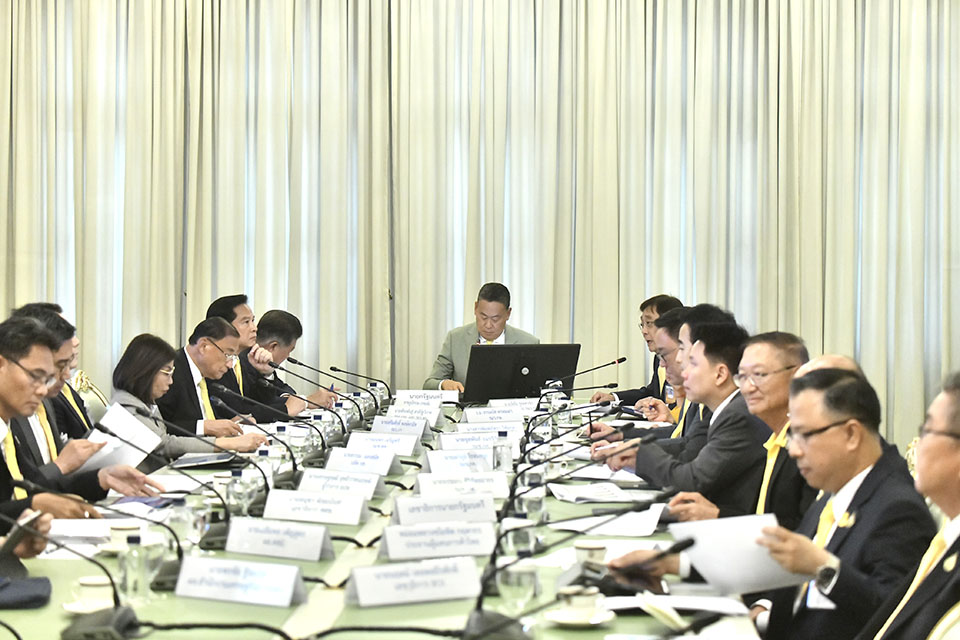
Thailand’s economic leaders are stressing the importance of swift stimulus actions and better access to credit for small businesses to kick start growth amid the country’s highest interest rate in ten years paired with minimal inflation. Finance Minister Pichai Chunhavajira announced plans to invigorate manufacturing and extend more loan guarantees to small and medium enterprises (SMEs), determining to push the growth rate above 3.5% annually.
In response to an economic slowdown indicated by a 1.5% growth in the first quarter—a rate lower than its regional counterparts—the government, under the guidance of Prime Minister Srettha Thavisin, is looking to recalibrate. The economic Cabinet, meeting on Monday (May 27) with key figures such as Bank of Thailand Governor Sethaput Suthiwartnarueput, discussed these challenges. There is a consensus that the current inflation target range of 1%-3% may need adjustment to support monetary policy and economic growth better.
Amid these discussions, Pichai underscored the need for increased manufacturing output and restored purchasing power. He argued that the country’s persistently low inflation is indicative of undervalued products, detrimental to manufacturers.

The economic stagnation is attributed to weak global demand, a manufacturing decline, and delays in public spending. This has been exacerbated by the baht’s decline, which has fallen almost 7% since the start of the year. To counter these trends, the government plans a digital wallet campaign in the fourth quarter to boost consumption and rejuvenate manufacturing. Earlier in the day, the fiscal and monetary policy committee agreed to increase this year’s budget spending by 122 billion baht to support the financial program, projecting to benefit about 50 million Thais with a disbursement of 10,000 baht each.
The new expenditure is part of a fiscal strategy, which includes a budget deficit widening to 693 billion baht, or 3.6% of GDP. Despite repeated requests from Srettha for a rate cut, the Bank of Thailand has maintained the borrowing rate at 2.5%, citing the need for flexibility to address currency volatility and other geopolitical uncertainties. (NNT)










